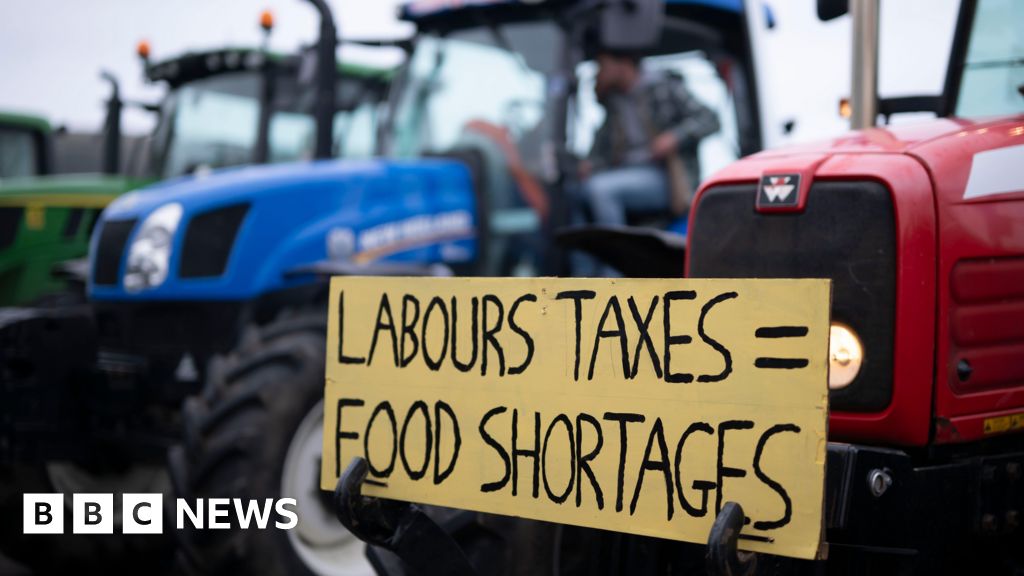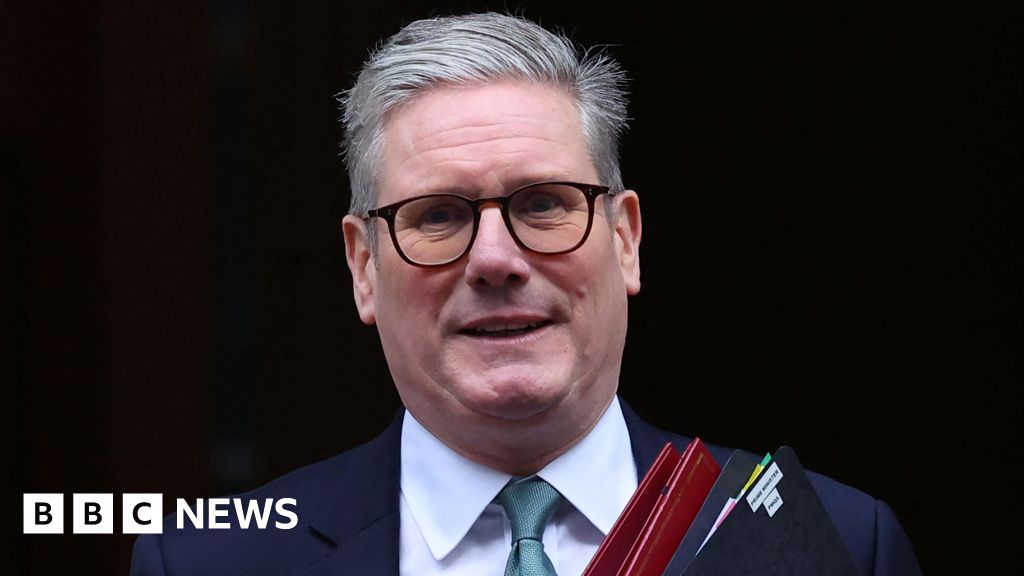ARTICLE AD BOX
 Image source, Getty Images
Image source, Getty Images
By Dearbail Jordan
Business reporter, BBC News
The UK is set to enter recession this year but it will be shorter than previously thought, according to the Bank of England.
It expects the economy to "fall slightly" in 2023 as energy bills fall and price rises slow.
Inflation - the rate at which prices rise - is expected to slow this year and firms are likely to hold off on making redundancies.
It comes as the Bank raised interest rates by half a percentage point to 4%.
It is the tenth increase in borrowing costs in a row and will add pressure to many households already struggling with the cost of living.
The impact will be felt by borrowers through higher mortgage and loan costs, although it should also mean better returns for savers.
The rise means homeowners with a typical tracker mortgage will pay about £49 more a month. Those on standard variable rate mortgages face a £31 increase.
The Bank has been putting up interest rates to tackle inflation, which at 10.5% remains close to its highest level for 40 years - more than five times higher than it should be.
Higher interest rates can encourage people to save more and spend less, which should help stop prices rising as quickly.
The Bank had previously expected the UK would have fallen into recession at the end of last year.

 1 year ago
31
1 year ago
31








 English (US)
English (US)